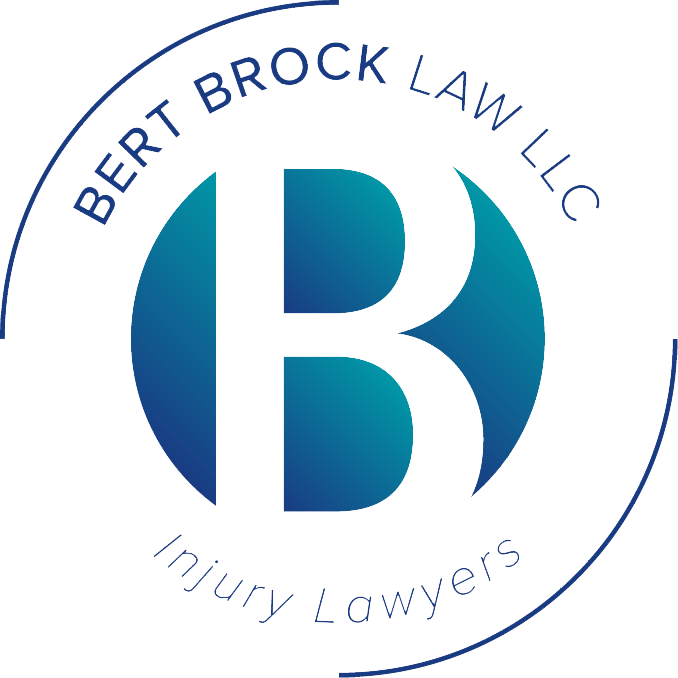Frequently Asked Questions
Got a question? We’re here to help.
-
What should I do after a car accident?
Stop your vehicle
Even if it was just a fender bender, it’s important to stop your vehicle. As a matter of fact, failing to stop your vehicle after an accident goes against the Road Traffic Act.
Call the police
In order to submit a claim for insurance, this is a crucial step to take. The police will be able to build an official record of the accident, which is something that the insurance company will need.
Take photos
Make sure to take pictures of all vehicles involved and of the accident scene. If you were injured, if possible, take photos of your injuries immediately. The sooner you gather evidence of your injuries, the more likely it is to receive maximum compensation.
Gather information
Everyone involved in the accident needs to collect information from all parties. This includes their home address, phone number, vehicle registration, insurance company information, and insurance policy number.
Find witnesses
If any witnesses pulled over when your accident happened, it’s important to gather their contact information (name, phone number, and email). Their information is crucial to collect in case your attorney or the insurance company has any questions regarding the accident.
Seek medical attention
You should always seek medical attention after an accident, even if you’re not seriously injured or don’t feel pain at the time of the accident. Since you could be compensated for your injuries, official medical documentation could help this process substantially.
Contact a lawyer
If the accident you were in caused any injuries, there’s a good chance that you’ll be entitled to compensation. A lawyer will make your road to recovery and compensation easier. Afterall, nobody should suffer injuries on their own!
-
Should I talk to the insurance company?
It’s best if you leave conversations with the insurance company to your attorney. There’s too many details that could be misunderstood or taken out of context, which could make things more difficult for you down the road. At Bert Brock Law, we’ve dealt with a number of insurance companies in the past, so we know what to say in order to get you the best compensation. If the other party’s insurance company asks to speak to you, tell them to talk to your attorney.
-
After an accident, how long should I wait to speak to an attorney?
After an accident, you need to speak to a lawyer as soon as possible. This is because the sooner you act, the more likely you are to secure compensation for your injuries. This compensation could also help with your medical bills, lost wages, and other financial issues that the accident may have caused. The law limits how long you have to make a claim, so it’s important that you contact a lawyer as soon as you can.
-
Do I need a lawyer after a car accident?
Let’s be honest…insurance isn’t easy. As a matter of fact, a lot of insurance companies will try to nickel and dime you as much as they possibly can. Having a lawyer on your side who knows how to fight the insurance companies will be in your best interest. Nobody should be expected to fight insurance on your own – and we’re here to help.
-
How much money should I expect from the insurance company?
Property Damage: You’re going to need at least $50,000 for property damage. This money will cover the repairs of your property (or the other person’s property if you’re at fault).
Collision Insurance: In the event of an accident, collision insurance compensates you for damage to your own vehicle.
Bodily Injury Liability: You’ll need bodily injury coverage up to $100,000 per person and $300,000 in total, as personal injuries are the most expensive part of an accident.
Personal Injury Protection: Personal injury protection compensates you for your own injury-related expenses, health care, work income lost, and child care expenses. Personal injury is our specialty, so if you ever need help regarding personal injury, contact Bert Brock Law today.
Motorcycle Insurance: All states require riders to carry, at minimum, bodily injury liability. But minimum policies can leave you more likely to be targeted by lawsuits in the event of a serious accident.
-
How long does it take for my case to be resolved?
It depends! Personal injury cases are dictated by the needs, and also the expectations, of the client. These considerations include the length of necessary medical treatment, time required to collect and review medical bills and records, and the time needed to negotiate with the insurance company. In certain circumstances, litigation is essential to make an appropriate recovery for the client.

